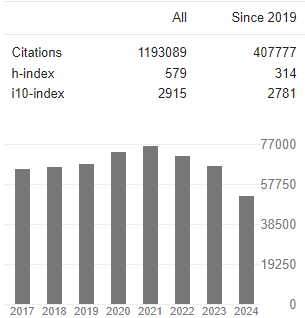Advances in Nanoparticle-Enhanced Vaccine Strategies: Towards a Universal Protection Against Influenza B Viruses
Abstract
Shounak Row and Kunal Kondhare
Influenza viruses pose a continuing public health challenge due to their high mutation rate and the need for annual vaccine updates. A recent advancement in nanoparticle-based vaccine technology for developing a universal influenza vaccine. We focused on four key studies investigating the use of lipid nanoparticles (LNPs), nanoparticle immunogens, and multivalent epitope-based nanoparticles. The studies demonstrated promising results. The single-dose mRNA -LNP vaccine targeting five influenza B virus antigens effectively protected mice from a broad range of strain. Additionally, nanoparticle immunogens designed to display multiple influenza virus strains induced broad protective immunity in mice. Furthermore, LNPs enhanced the efficacy of mRNA and protein subunit vaccines by stimulating robust T follicular helper cell and humoral responses. Finally, an intranasal multivalent epitope- based nanoparticle vaccine offered broad protection against diverse influenza viruses. These findings highlight the potential of nanoparticle-based approaches for developing a universal influenza vaccine that offers long-lasting and broad-spectrum protection. Further research is needed to evaluate the safety and efficacy of these novel vaccines in humans.





